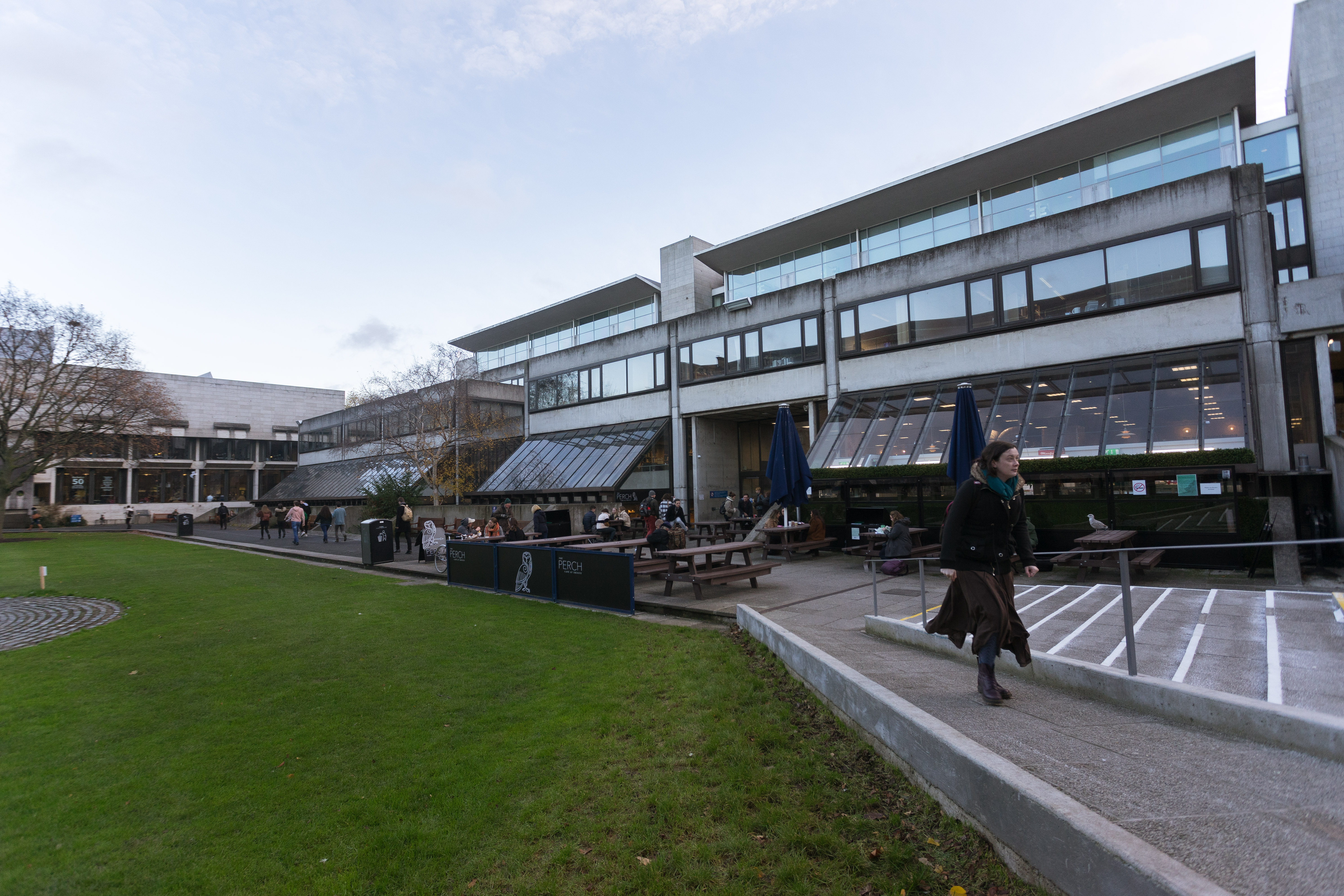Independent observers should be included on academic hiring committees to avoid gender bias, the League of European Research Universities (LERU) recommends.
The recommendation follows LERU’s analysis of bias against female academics. The report, released January 18, finds that female academics face implicit bias in all aspects of their position, from student evaluations to perceptions of their research quality. Starting salary was noted as another crucial dimension affected by gender bias.
According to the report, universities should bring in “trained observers” when recruiting new staff to counteract bias in selection procedures. The observers “should be members of different faculties or departments and report on any potential bias in the selection process.”
This implicit bias is noted as a leading cause in the under-representation of women in academia. The report identifies a large body of research which shows “that women are, on average, considered less fit for scholarly positions than men,” resulting in women needing to “perform better to be judged as equally qualified to men”.
The report found that ensuring a gender-balance on selection committees has proven insufficient in avoiding bias, as some female evaluators were found to be as biased as men. LERU’s recommendation is to implement “informed evaluators” who are trained in “avoiding the bias trap”.
LERU is a network of 23 universities with an emphasis on research and innovation. Trinity is the only Irish LERU member.
Trinity has taken recent steps to counter gender discrimination on campus. The Trinity Centre for Gender Equality and Leadership (TCGEL) was launched in 2017. TCGEL is an expansion of the previous organisation Women in Science and Engineering Research and will include all academic disciplines and support College in many areas.
Speaking at the centre’s launch, College chancellor Dr Mary Robinson outlined TCGEL’s mission, stating that it will “develop and embed sustainable practices, advance gender equality in Trinity, and ensure a diverse, innovative and productive academic community of global significance”.
Speaking to Trinity News, Director of TCGEL Professor Eileen Drew noted that “College already requires that members of nominating committees (recruitment panels) have completed online training through the Living Equality and Diversity (LEAD) programme to eliminate bias from the recruitment process”.
“I would certainly welcome the presence of already ‘trained observers’ not only in the recruitment process but also on promotion committees, since the same risks apply,” Drew continued.







